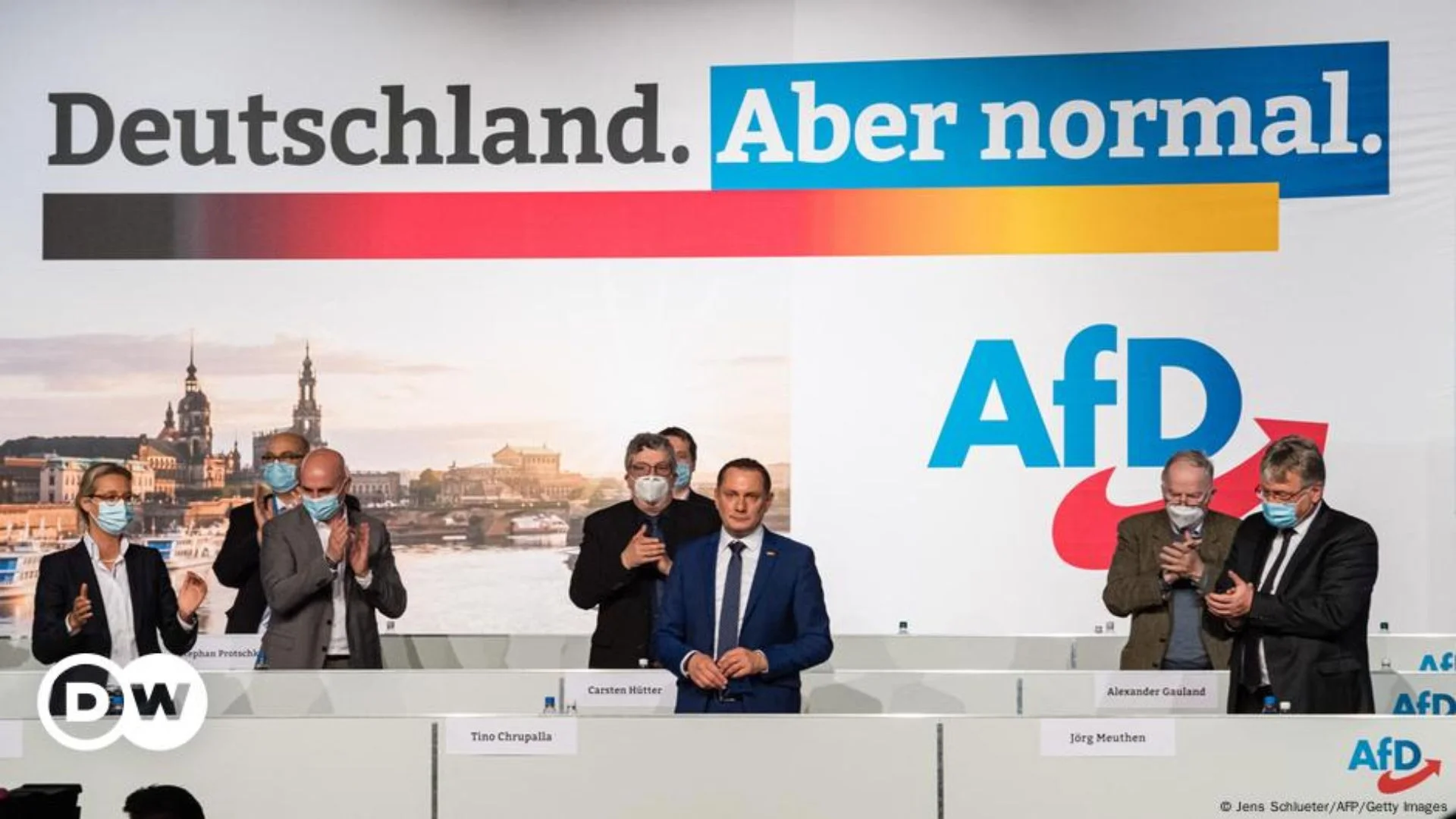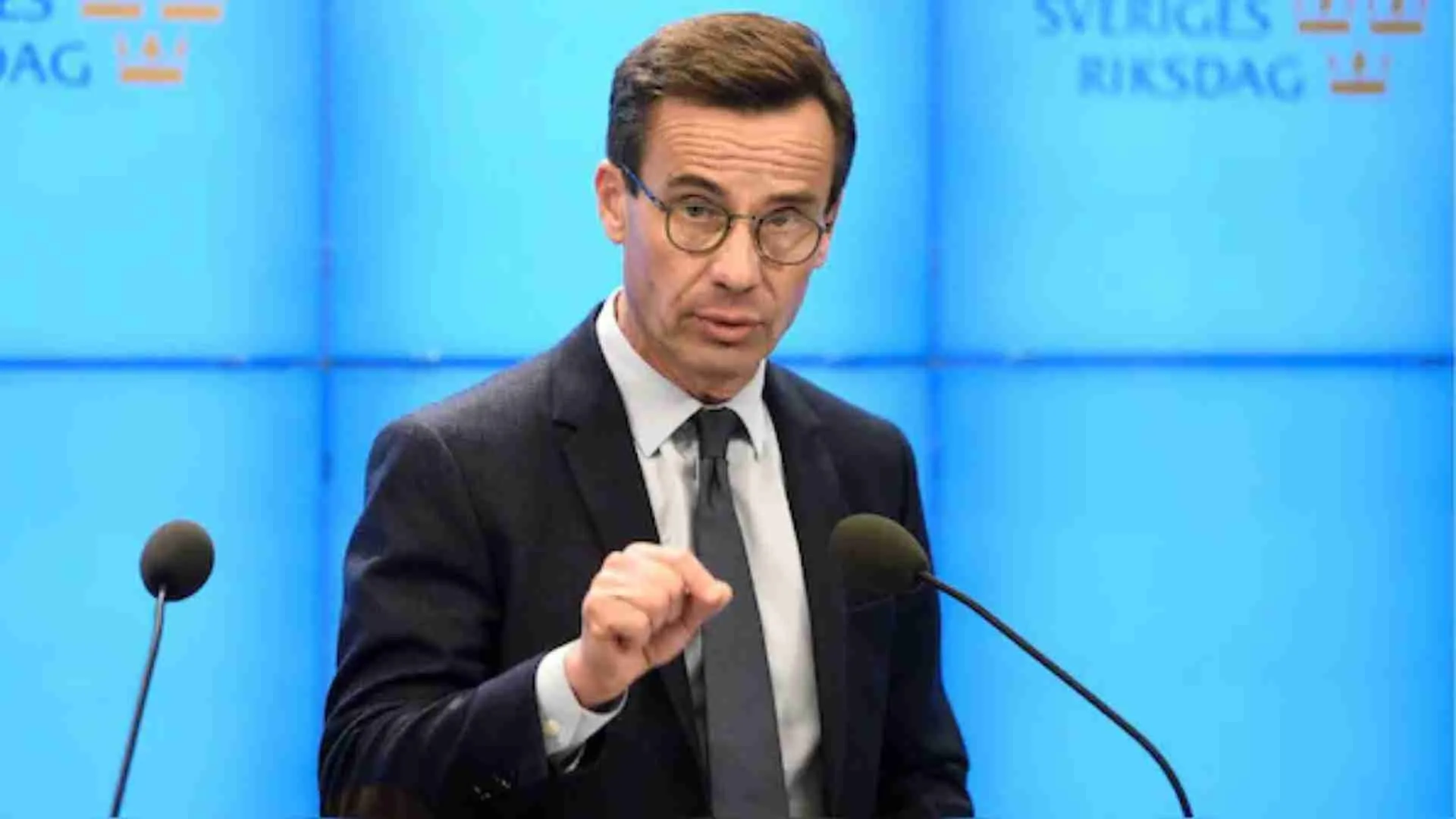Germany’s far-right Alternative for Germany (AfD) party has launched its manifesto ahead of next month’s election, introducing a slew of controversial policies on migration, education, and the economy. The manifesto endorses the far-right concept of “re-migration,” proposing mass deportations of migrants if the party gains power.
Over 10,000 protesters delayed the AfD’s weekend convention in Riesa with protests and blockades and forced a heavy police presence. However, despite the disturbances, the party voted to name co-leader Alice Weidel their chancellor candidate. The delegates brandished heart-shaped placards bearing the slogan “Alice for Germany,” which some accused of Nazi connotations.
The AfD’s policy proposals include abolishing the euro, reintroducing the Deutschmark, reinstating military conscription, and overhauling education and media financing. It also voted to dissolve its youth wing, Junge Alternative, replacing it with a new organization to distance itself from far-right extremism.
New polls place the AfD at 22%, lagging only behind the CDU/CSU alliance at 30%. Chancellor Olaf Scholz’s Social Democrats (SPD) continue to enjoy 14%-16% support, and the Greens remain at 15%. The new BSW is at around 4%-6% and might not cross the 5% hurdle to enter parliament.
The slim chances of the AfD in forming a government have not dimmed its enthusiasm, especially after US billionaire Elon Musk, who commended the party as Germany’s savior, had a word with Weidel recently. This conversation touched on many topics that further cement the perceived connection between the AfD and the United States.
The CDU/CSU coalition, under the leadership of Friedrich Merz, is working hard on its Agenda 2030: more economic reform and tighter welfare policies. Meanwhile, BSW, under the leadership of Sahra Wagenknecht, advocates for the withdrawal of US troops and preventing Ukraine from becoming a member of the EU-all an indication of how things will change in Germany with elections getting closer.





















